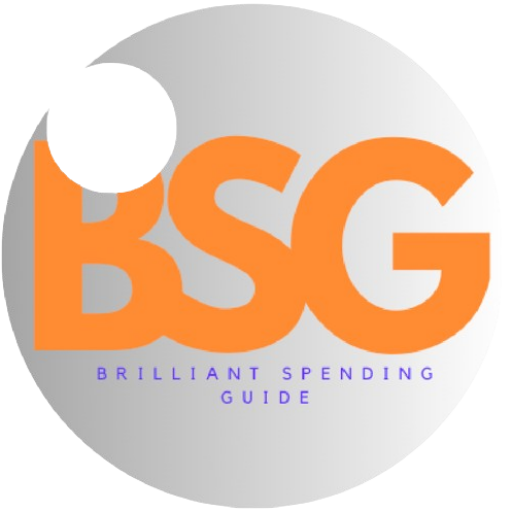The digital age has brought about a revolution in the way we consume media and content. With the click of a button, we have access to an endless stream of movies, music, books, and video games. While this abundance of choices is exciting, it can also be overwhelming, especially when it comes to managing the costs of subscription services.
From video and music streaming to cloud storage and software, the average person today subscribes to a range of services, each with its own monthly or annual fee. While these services offer convenience and often provide access to high-quality content, the costs can quickly add up. Many individuals are unaware of the true cost of their digital subscriptions, which can lead to unnecessary spending and a lack of financial control.
The hidden costs of subscription services go beyond the initial sign-up fees. It’s important to consider the long-term implications and potential waste that can occur if services are not properly managed. For example, a gym membership that goes unused or a video streaming service that automatically renews but is rarely watched. To maximize the value of our subscriptions, we must be mindful of our true needs and wants and make informed decisions about where our money goes.
Being mindful of promotional deals is an important strategy. Many services offer attractive discounts to new subscribers, but the price may increase significantly after the promotional period ends. Understanding the terms of these promotions and setting reminders to reassess the value of the service before automatic renewals can help prevent unnecessary costs.
Additionally, taking advantage of family or group plans can distribute the cost and provide access to a wider range of services for all. Canceling services that are rarely used or setting spending caps with notifications can also help control costs. Being mindful of the true value and necessity of each subscription service can help individuals manage their finances effectively and avoid wasteful spending.
Another strategy to maximize value is to prioritize services that offer ad-free experiences or exclusive content. This not only enhances your enjoyment but also supports the creators and artists whose work you consume. It’s a way to show your appreciation and ensure they continue to produce the content you love. However, it’s important to find a balance.
While subscription services can provide convenience and access to extensive libraries of content, it’s essential to set boundaries and be mindful of potential overspending. Creating a budget specifically for subscription services and regularly evaluating which services bring you the most value can help you stay on track. It’s all about finding the right balance between enjoying the benefits of the digital age and maintaining financial wellness.
To make the most of subscription services, it’s worth exploring those that offer a range of benefits and perks. Some services provide bundles or packages that give access to multiple types of content or services, allowing you to streamline your spending and maximize value. Keeping an eye out for these deals and being willing to switch between services can help you get the most for your money.
In addition to streamlining spending, being mindful of data usage and security is crucial. Some subscription services may offer unlimited data plans or enhanced security features, which can be beneficial depending on your needs. Understanding the terms and conditions of data usage, privacy policies, and content ownership will help you make informed decisions about which services to trust with your personal information and online behavior.
Lastly, it’s worth considering the environmental impact of our digital subscriptions. The energy consumption and carbon emissions associated with data centers and streaming services are often overlooked. Choosing companies that prioritize sustainable practices and energy-efficient data centers can help reduce the carbon footprint of our digital habits. This not only saves costs but also contributes to a greener digital future.





